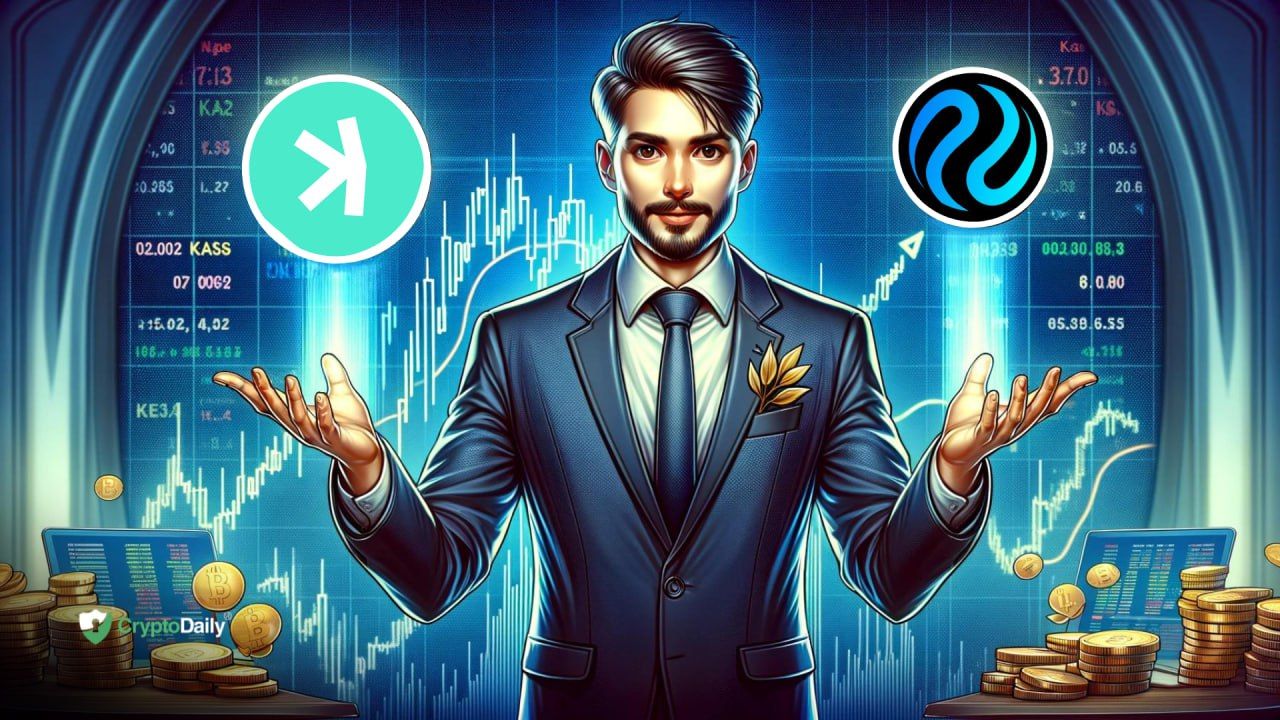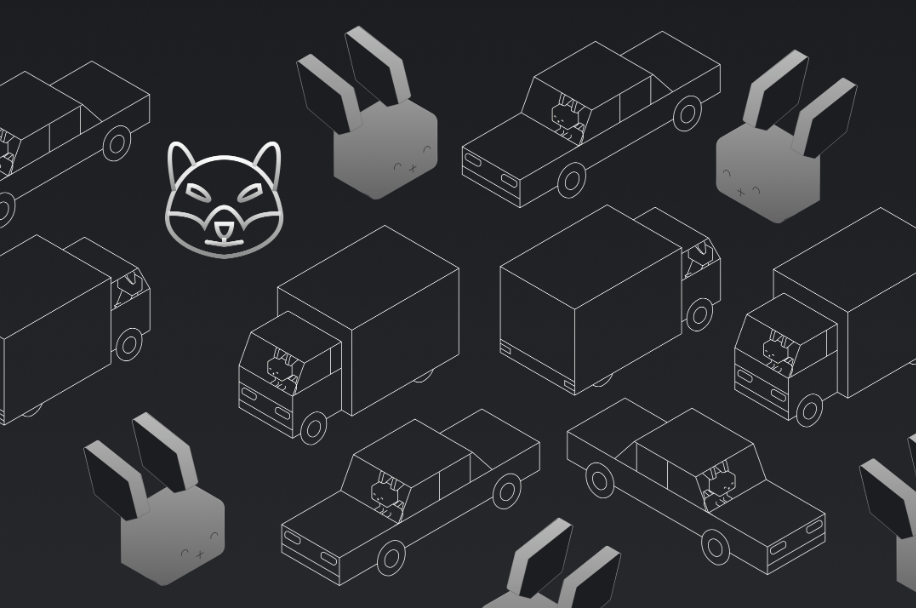Table of Contents
Okcoin, a digital asset trading platform, has integrated with Polygon Bridge, enabling direct ERC-20 token withdrawals, saving ~25% on transaction gas fees. The integration is live and makes it the fastest and cheapest way to get USD and EUR into the Polygon and DeFi ecosystem.
Okcoin is a US licensed crypto platform and spans its service across 184 countries. Polygon is a full-stack scaling interoperability network backed by Binance and Coinbase. The integration will help Ethereum users save on gas fees and transaction time.
Polygon Integration Brings In Savings
The integration of the Polygon Layer 2 scaling platform will allow Okcoin to support withdrawals for any ERC-20 asset directly from the Okcoin wallet to Polygon's sidechain. This helps users to deploy their assets on Polygon's DeFi platform easily.
There are currently 13 ERC-20 tokens available for trading on the platform. The trading platform will handle the complexities of bridging assets between layer one and layer two. Okcoin will list Polygon's native MATIC token on the platform soon, authorizing the trading of USD and EUR pairs.
Bridging assets from an exchange to an Ethereum wallet to Polygon incurred two transaction fees as Okcoin users had to use the token bridge. With the integration with Polygon, these users can benefit from ~25% gas fee savings.
The gas fees are incurred when withdrawing tokens such as ETH, UNI, USDT, LINK, and COMP directly to the Polygon network. By not going through the bridge, it provides savings on withdrawal costs too. These costs are much lower when withdrawing to Polygon.
Okcoin To Aid Polygon’s Growth
Jason Lau, COO of Okcoin, states that the company functions as a bridge from cash to the crypto system. The polygon integration removes another friction point and the transaction fee for customers, allowing them to take advantage of everything crypto offers. He notes,
"We focus on working with the best decentralized technologies in the last year, and Polygon's growth has been astonishing. The value of USD in the polygon network grew almost 1400% to $7B since April. Now we can help the flow of capital to help grow Polygon in its next phase of adoption."
Sandeep Nailwal, Co-Founder of Polygon, further adds,
"Polygon's ecosystem of Dapps is rapidly growing with 350+ Dapps, 121M txns and more than 1M users, and we're glad to see that many of these users are first-time Blockchain users that then go on to use Ethereum. OkCoin's support for Polygon will bring further adoption and liquidity to the Ethereum ecosystem, and enable a seamless experience for users around the world."
About Okcoin
Okcoin is a US licensed cryptocurrency platform established in 2013 that enables easy transactions between crypto and fiat, with industry-low fees. It provides customers across 184 countries with a reliable, secure, and frictionless trading and earning experience.
The crypto assets supported by Okcoin include Bitcoin, Ethereum, and DeFi tokens with the US Dollar, Euro, and Singapore Dollar. It is a registered money services business (MSB) with the Financial Crime Enforcement Network (FinCEN). Okcoin is headquartered in San Francisco, California, and has offices in Hong Kong, Singapore, Malta, and Japan.
About Polygon
Polygon, formerly known as Matic Network, is an open-source project committed to scaling the Ethereum network with its full-stack scaling interoperability network consisting of a Plasma-based chain. This allows token payments and a stand-alone sidechain fully supporting EVM smart contracts.
Polygon shares some of the transactional load of the main Ethereum chain while being bound to its ecosystem. This way, it uses the additional security and a settlement layer that Ethereum provides. The Matic PoS chain, Polygon's first product, is based on a version of Plasma and is used by projects such as Polymarket, Aavegotchi, Decentraland, SportX, and Neon District, among others.
The team is currently working on developing the Polygon SDK. It aims to provide a substrate-like engine to build stand-alone chains on top of Ethereum. This project involves collaborating with various cutting-edge scaling solution providers to build Ethereum secured chains.
Disclaimer: This article is provided for informational purposes only. It is not offered or intended to be used as legal, tax, investment, financial, or other advice.
Investment Disclaimer













